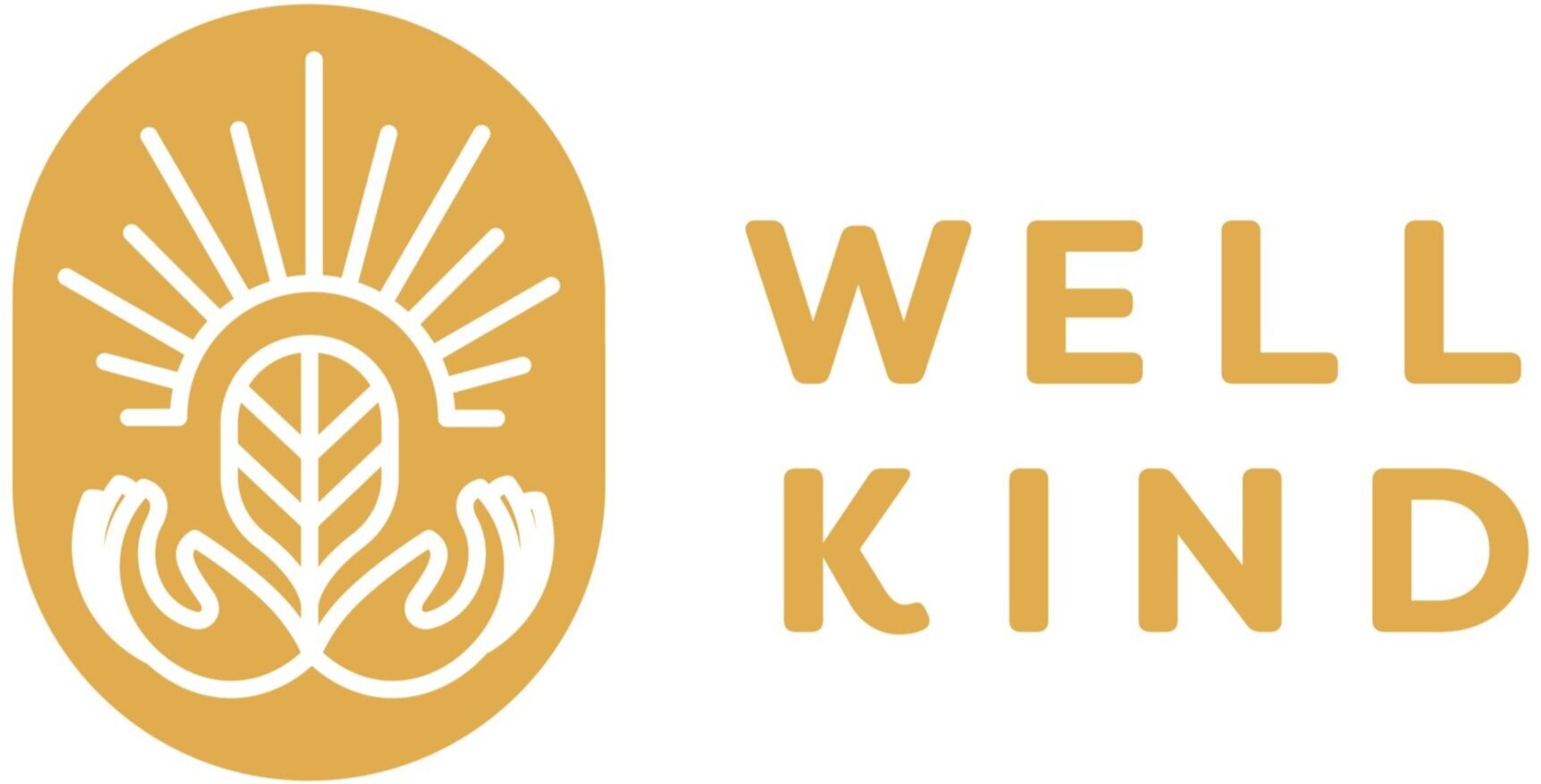How Forests Make You Healthier
By Sophie Dalager, WellKind Forestry Intern
Sophie Dalager was an intern for WellKind Forestry during our summer 2022 session, exploring the power of trees and other environmental topics.
The Muir Woods National Monument in Northern California.
Have you ever gone through the entire day inside, sitting, feeling depleted, yet when you stroll in a forest, you immediately feel improved? There's a science behind this!
In fact, forests do much more for human health than just improve our mood. The Muir Woods National Monument is just a 15-minute drive from Mill Valley, California and attracts over 300,000 visitors per year. Analyzing this forest in particular, you can tell it has impacted humans in many ways. Here are some ways that the Muir Woods can benefit human health:
Carbon Sequestration
As humans drive the planet to hotter and hotter temperatures, trees’ jobs are becoming more and more important. The Muir Woods National Monument contains an estimated vegetation carbon sequestration of 20,000-28,000 tons (Gonzalez et al., 2015). The average per capita fossil fuel carbon emissions in the United States is 4.1 tons per person. Meaning the above-ground carbon stock at Muir Woods is equivalent to the annual emissions of approximately 6,600 Americans (IEA Atlas of Energy, 2020)! This is helping slow the effects of global warming.
Mental Health
Muir Woods has a total of 324,232 visitors per year (National Park Service, 2015). Scientific evidence shows that forests can actually reduce human stress levels, help us recover from attentional fatigue and generally improve overall mood (National Forest Foundation, n.d). These impacts are caused by physical activities but also by the enjoyment, recreation and simply taking in the forest’s surroundings. The time spent in the forest has a positive effect on the emotional state (European Forest Institute, n.d.)
Physical Activity
Along with promoting mental health, forests have shown to also benefit physical wellness. Individuals say they feel less worried while in a forest; this is connected to a genuine decrease in the levels of the pressure chemical cortisol. This prompts faster recovery times for individuals who are sick or harmed. Forest visits can likewise really fortify the human safe framework, so individuals don't become ill in any case (National Forest Foundation, n.d.)
Your Immune System
Source: Forest Bathing Central.
While we take in the natural air, we take in phytoncides, airborne synthetic substances that plants emit to shield themselves from bugs. Phytoncides have antibacterial and antifungal characteristics which assist plants with battling illness. When individuals take in these substances, our bodies answer by expanding the number and movement of a kind of white platelet called regular executioner cells, or NK. These cells kill growth and infection contaminated cells in our bodies. In one review, expanded NK movement from a 3-day, 2-night woodland washing trip went on for over 30 days (New York State Department of Environmental Conservation, n.d.)
Conclusion
Forests affect physical, mental and social wellbeing as well as an individual's prosperity. Admittance to woods, the nature of their administration for public pleasure and nearness to enormous populaces are key elements in augmenting their incentive for wellbeing and prosperity. Forests are a key part of our ecosystem and human life. It is important to protect and preserve our forests so the positive impacts on humans never disappear.
References
European Forest Institute. (n.d.) “How Can Forests Improve Human Health and Wellbeing?” How Can Forests Improve Human Health and Wellbeing? | European Forest Institute, efi.int/forestquestions/q8.
National Forest Foundation. (n.d.) “Five Ways Forests Benefit Human Health.” National Forest Foundation, www.nationalforests.org/blog/five-ways-forests-benefit-human-health.
New York State Department of Environmental Conservation. (n.d.) “Immerse Yourself in a Forest for Better Health.” Immerse Yourself in a Forest for Better Health - NYS Dept. of Environmental Conservation, www.dec.ny.gov/lands/90720.html.


